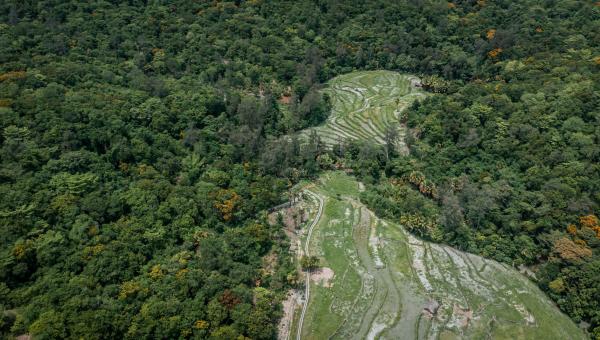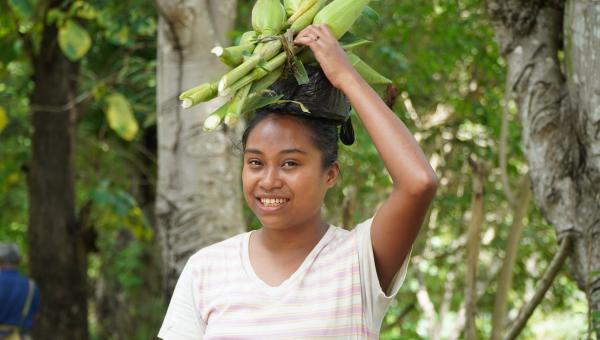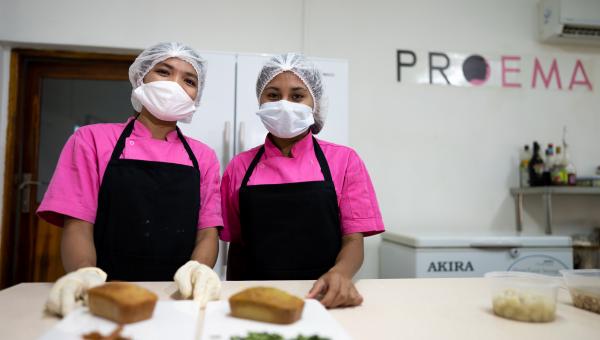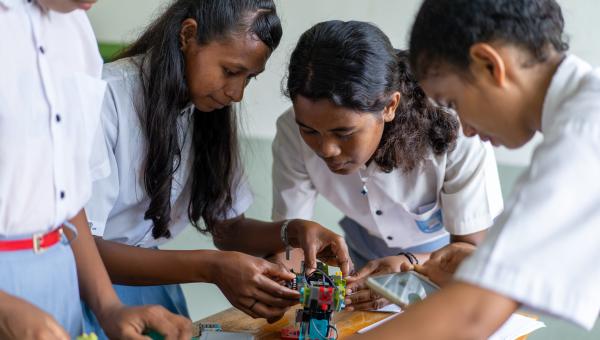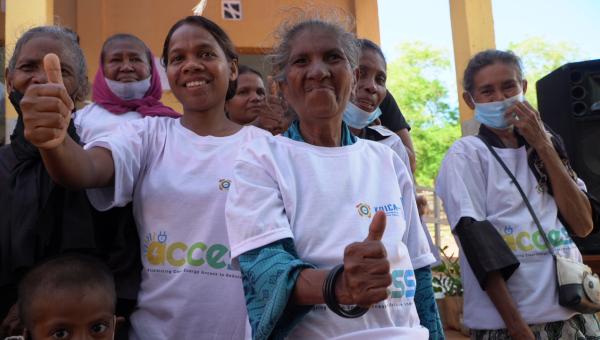Support for the Institutional Development of RAEOA & ZEESM TL (2019–2022) phase II

Support for the Institutional Development of RAEOA & ZEESM TL (2019–2022)’ Project (II phase) aims to promote better governance in the Oé-Cusse region by strengthening Special Zones for Social Market Economy (ZEESM) and Special Administrative Region’s (SAR-RAOEA) capacity to invest and support regional sustainable development.
The program focuses on policy innovation to improve regional service delivery in the key areas of development: tourism, business development, agriculture, and water. The project is aligned with the priorities of the Government of Timor-Leste and the RAEOA government as articulated under the Strategic Development Plan 2011-2030 and the regional Strategic Plan (2019-2023), respectively.
The project has two components: (1) good governance and (2) sustainable social and economic development.
Objectives
- To improve governance in the Oé-Cusse region by strengthening RAEOA & ZEESM TL capacity to promote regional sustainable development.
- To enhance sustainable economic and innovative development in Oé-Cusse by implementing new mechanisms and program oriented to promote regional specialization and employment creation.
Expected results
Regional economic policy improved.
- Community Tourism in 2 sub-regions of Oé-Cusse developed
- More than 150 entrepreneurs supported with knowledge and equipment by Oé-Cusse Business Incubator (OBI)
- 700 farmers supported with training and equipment to improve productivity by 15%.
- Water provisioning in public facilities was installed and catchment areas were developed for water conservation.
Major Achievements
- The procurement processes of the RAEOA’s Government have been strengthened by improving the effectiveness of launching and evaluating bids
- 279 people (133 female and 146 male) benefited from this training on community-based tourism.
- The first website was launched for the promotion of tourism in Oé-Cusse
- The business ecosystem in the region has been strengthened by training, mentoring, and coaching 177 entrepreneurs (98 male and 79 female) to develop financial skills and marketing strategies to make their business ideas successful).
- The first cooperative business model for the coffee value chain has been established by improving the farmer’s processing capacity.
- 12 new technologies have been introduced benefiting 710 farmers (500 male and 210 female) and 91% of the farmers were supported with equipment for the expansion of cultivation areas in 6 value chains.
- Two water catchment areas were revitalized by introducing mechanical infrastructures and reforestation, contributing to increased water infiltration and water conservation in these areas by 50%.

 Locations
Locations